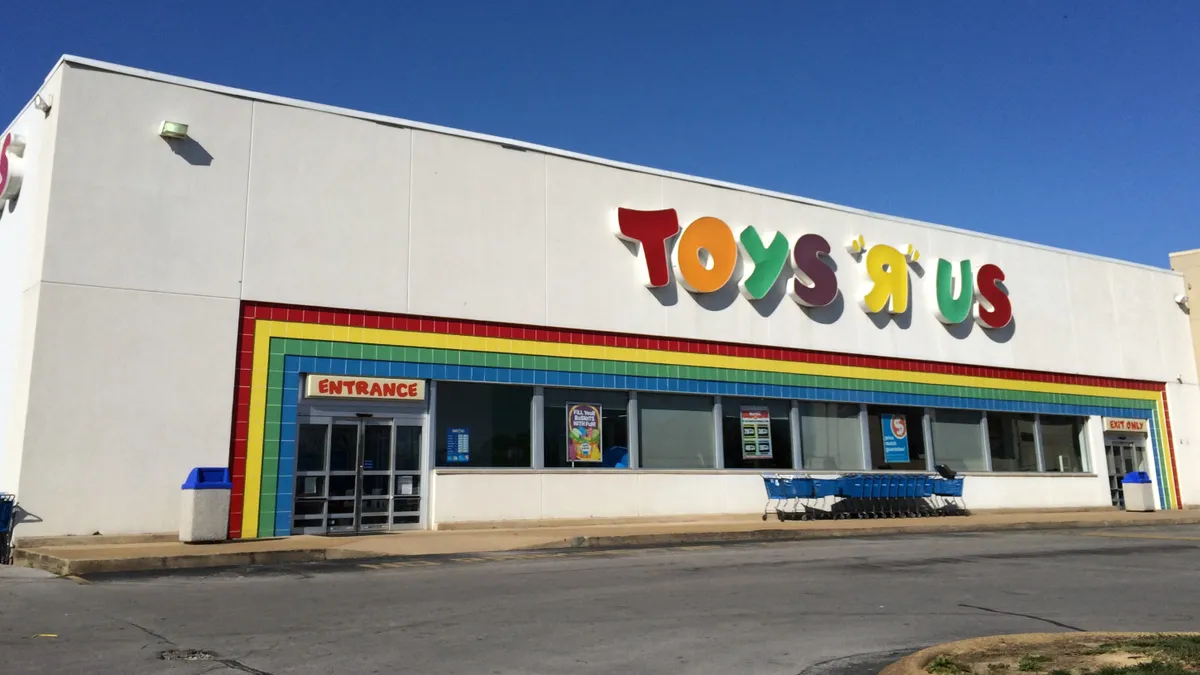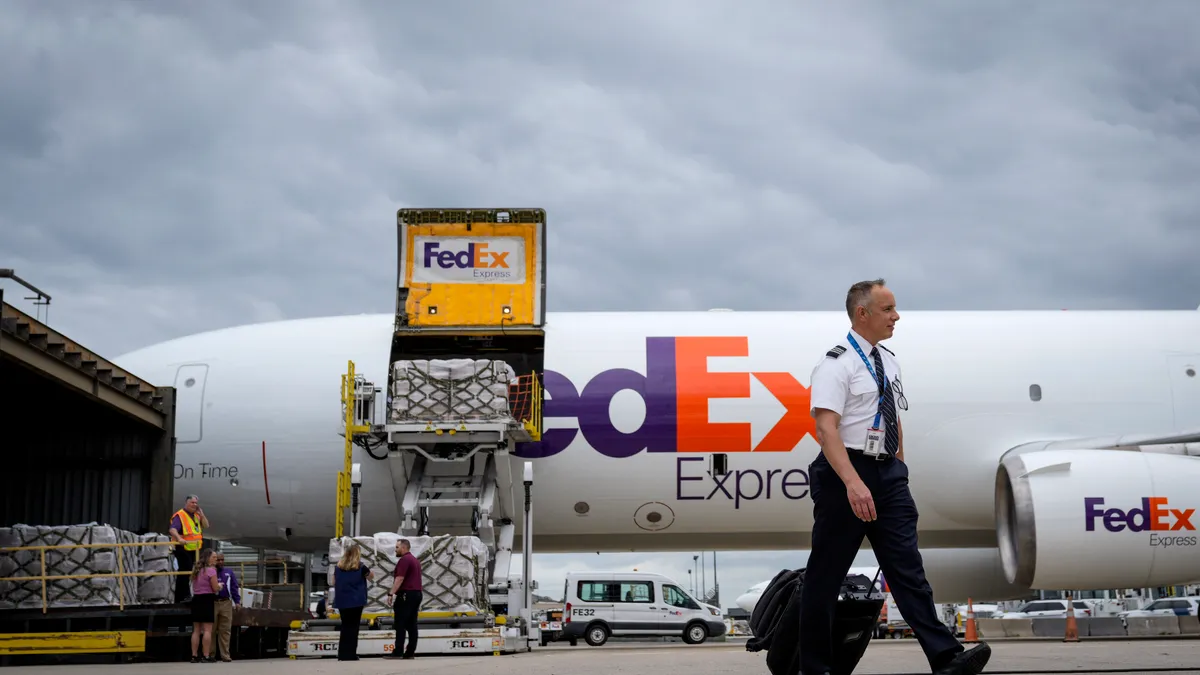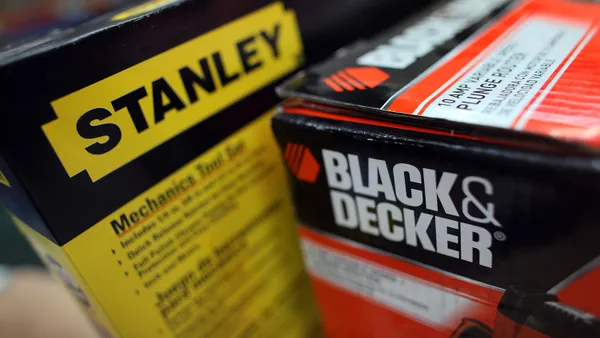Dive Brief:
- Toys R Us ended its nearly 70-year run yesterday when the toy retailer filed for Chapter 11 bankruptcy, which came as no surprise to the industry as the company has been operating under "significant leverage" since 2007, noted by CEO David Brandon in his statement.
- Brandon does not mention in said statement that Toys "R" Us owes its suppliers millions — according to court documents and a report from The Wall Street Journal, the retailer owes unsecured suppliers more than $200 million. Toys R Us owes Mattel $159 million, Hasbro $59 million, and Lego $32 million. However, Retail Dive reported that Toys R Us accounted for only 10% of Mattel and Hasbro's annual revenue.
- According to Retail Dive, suppliers were "scaling back shipments" and demanding cash payments upon delivery in the months leading up to the bankruptcy filing, meanwhile Toys R Us hired a law firm to discuss how to manage its $400 million debt.
Dive Insight:
The Toys R Us bankruptcy is more a disaster for toymakers and suppliers than it is for today's kids.
Toys R Us fell into the same trap as other retailers who failed to develop a sustainable business model in an emerging e-commerce-driven, direct-to-consumer industry. It's partly that kids aren't interested in toys — most kids are more interested in electronic games than traditional toys nowadays — but also parents are no longer bothering with brick-and-mortar retailers when they can buy toys online at Amazon or Walmart for cheaper, or order online directly from the source.
Suppliers are the ones who should be most concerned, and they know it: that's why the Toys R Us suppliers were reducing shipments and demanding immediate payment upon delivery. Worse, Toys R Us owes millions to its biggest suppliers, and they're unsecured, so they might never get their money back.
Even though Mattel and Hasbro rely on Toys R Us for only 10% of their revenue, not all suppliers may have so diversified a portfolio of buyers. The Toys R Us bankruptcy is a supplier nightmare, especially for those who have a smaller number of buyers, and it's a warning to those who work with traditional retailers.
Not all suppliers throughout the retail industry are as at risk as Toys R Us suppliers are, but the Toys R Us example shows what can happen when retailers go under. By conducting candid conversations with one's buyer and staying on top of payments, suppliers can mitigate this kind of risk.
While strong business relationships are important, at the end of the day, suppliers have a responsibility to manage their own operations, so sometimes a supplier needs to take a step back from a buyer in order to alleviate financial risk. Toys R Us suppliers started stepping back a little too late — reminding suppliers everywhere that paying attention to your buyer's financial health is as important as managing your own.














